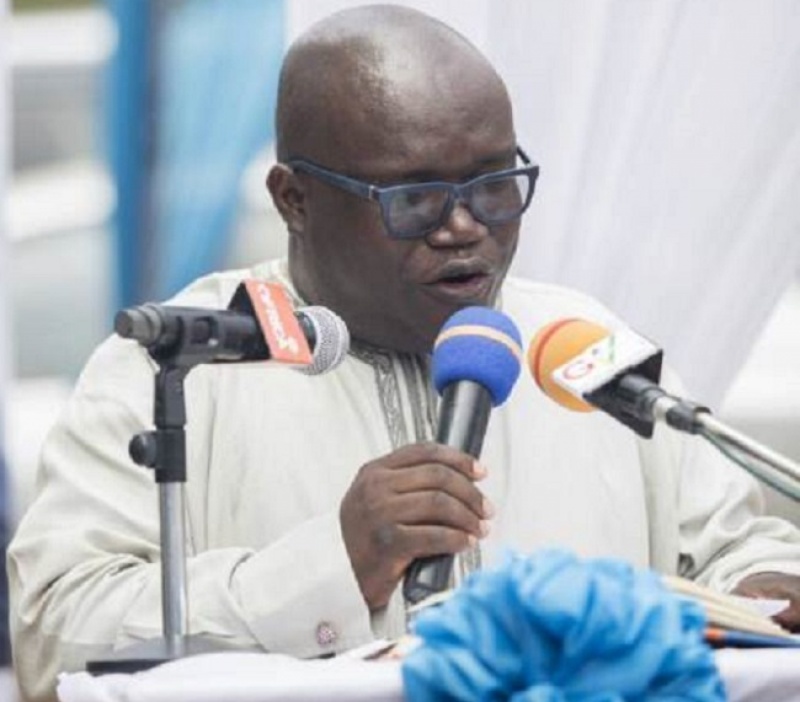Special topics
 The Convenor of the Media Coalition Against Galamsey, Mr Kenneth Ashigbey, has called on the government to speed up the implementation of the Multi-Sectoral Mining Integrated Project (MMIP).
The Convenor of the Media Coalition Against Galamsey, Mr Kenneth Ashigbey, has called on the government to speed up the implementation of the Multi-Sectoral Mining Integrated Project (MMIP).The project, which was launched in Tarkwa in February, 2018, is based on statutory enforcement, social interventions and technological adaptations in the mining industry.
Its objectives are among other things, to regulate and assist Artisanal and Small-scale Miners (ASMs) and to improve the efficiency of their operations.
Speaking at the Institute of Economic Affairs (IEA) Roundtable on illegal mining in Accra, Mr Ashigbey noted that the MMIP was a more comprehensive document compared to the roadmap that the Inter-Ministerial Committee Against Illegal Mining came up with.
The discussion dubbed “The Galamsey Menace in Ghana: The Way Forward”, was chaired by Nana Kobina Nketsia V, Omanhene of Essikado Traditional Area in the Western Region.
It was attended by stakeholders in the mining industry, members of parliament, the diplomatic community, civil society organisations, academia and the public.
MMIP recommendation
Mr Ashigbey said “I plead that going forward let’s go and take that document (MMIP) and let’s implement it because that document has everything in it that would make it work.”
He said a challenge that he had identified with the MMIP was its recommendation for funding from the donor community, noting that, relying on donor founding to execute the MMIP would make it not sustainable.
“If we want to fund it, we should fund it from the vault. We should fund it from our own local resources. It is only then that we can control what happens.”
Mr Ashigbey, who is also the Chief Executive Officer, Ghana Chamber of Telecommunications said the reformation of the whole mining process had to be sped up; adding that, “we need to ensure that the whole process is transparent”.
He said there was the need for democratising and decentralising of the licence acquisition process.
“Let’s make sure that there is visibility; I should be able to go to a particular website and be able to see where my permit has gotten to.”
Value addition
He also called for value addition for Ghana’s mineral resources.
He said Ghanaians must make sure that they are able to account for the gold that go out of the country.
“It is a shame that the people who buy gold from us can tell us that they bought more gold than we exported,” he said, and encouraged the nations buying gold from Ghana to desist from purchasing illegal or smuggled gold.
He further urged Ghanaians to desist from smuggling gold outside the country; stating that “this would ensure that the gold that we mine would be sustainable”.
Diversification
Mr Ashigbey also noted that over the years, Ghana had placed too much emphasises on gold, and that, it was high time it diversified its portfolios of the minerals being mined.
He said most of the industrial minerals in the country, if mined, would bring a lot revenue and jobs than gold and urged Ghanaians to hold their leaders accountable, so that they do not turn galamsey into a political issue.
Mr Ashigbey also called for the strengthening of the Minerals Commission and the Environmental Protection Agency (EPA) to deliver on their mandates.
Nana Kobina Nketsia said the galamsey menace was destroying the environment, forests, rivers and other water bodies and appealed to all and sundry to help fight the galamsey menace.